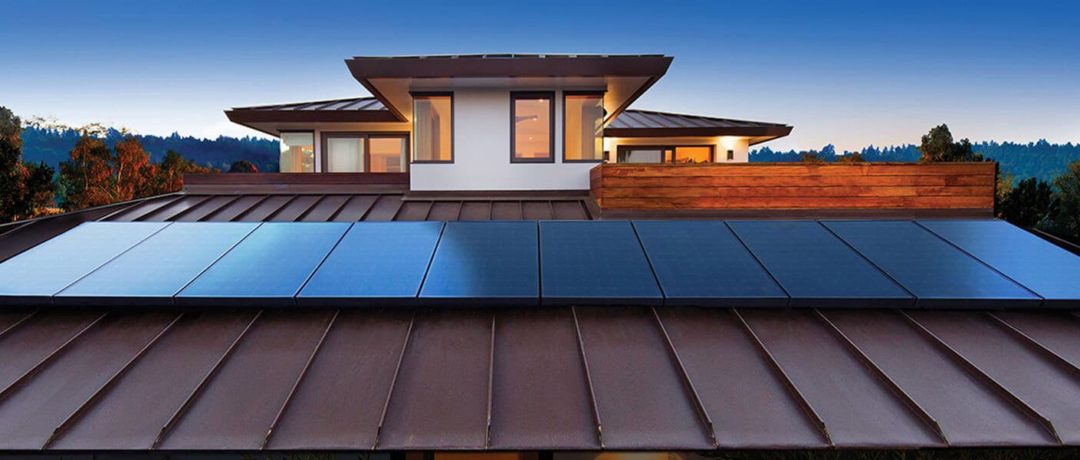Even though solar energy is one of the most famous renewable energy types, many people still wonder how it works. One of the most commonly asked questions is do solar panels work in the winter? Luckily, the answer is fairly simple, and we’re here to help you understand it.
How Do Solar Panels Work?
Solar panels use the photovoltaic system (PV system) to convert sunlight into electricity. The basic component of the PV system is a solar cell, which acts as a three-layer semiconductor.
Direct sunlight exposure showers the cell in light particles, called photons. Photons then pass through the first layer of a solar cell, giving away their energy on the way. Electrons, another type of subatomic particle, collect that energy and release it in the form of electricity. It’s just energy, changing its form.
So, Do Solar Panels Work in the Winter or Not?
If you are thinking about switching to solar energy, you probably wondered if solar panels work in the winter. We all know that we get more sunlight during summer than in winter. Winter is full of cloudy grey days, mist, heavy snowfall, and icicles. None of this seems compatible with seemingly fragile solar panels, does it?
While it’s true that the harvesting power of solar panels somewhat diminishes in winter, the energy production and efficiency actually improve with cold temperatures. Therefore, solar panels convert sunlight into electricity even in the most frigid weather. So, as long as any glimmer of light touches the surface of the panel, it will work. The answer is yes.
What About the Snow?
Many customers worry about their panels’ function during the heavy snowfall. Of course, if a thick layer of snow covers the solar panels, they will not work. Because of this, they are manufactured and installed with all sorts of weather conditions in mind. Therefore, there are several things that protect the panels from snow:
- The angle. You’ve probably noticed by now that all solar panels are placed at a certain angle. The slope that is created that way allows snow to slide off the panels instead of piling up there. The same goes for rain or any debris that winds might bring onto the panels.
- The reflection. Believe it or not, solar panels can catch the reflected sunlight off the snow. The amount of light can add up for what is lost due to shorter daylight hours. This ability of solar panels to collect the reflected light is called the albedo effect.
- The heat. Aside from collecting the light, panels also collect the heat. Therefore, every sun ray collected warms up the panel. This heat allows it to melt the snow and prevent the frost.
- Hygiene. When the snow melts, it brings down the dirt with it. That is because the snow has anti-soiling properties, making it a great cleaner of surfaces. After the snow, your solar panels will be cleaner than before it.
Keep in mind that cleaning any possibly collected snow off the panels can be very dangerous. You could accidentally damage the panels, or, even worse, injure yourself while doing it. If the possibility of snow piling up worries you too much, consider getting snow guards for solar panels.
The Bottom Line
As opposed to many deniers’ opinions, solar energy is a cost-effective and reliable alternative to traditional energy sources. It can power your home even during winter months. Additionally, you could see instant savings on your power bills, just like many homeowners who produce their own energy.
However, if you plan to go solar, it is important to hire a company with experience and integrity. Here, at Atlantic Key Energy, we are offering our exceptional expertise in the solar business. Do solar panels work in the winter is just one of the questions we’ve answered for you. Browse our blog and discover why energy independence became so popular in recent years.
You May Also be Interested in Reading These Solar Topics
2 Things to Know About Going Solar in the Winter Time
How to Prepare Your Home for the Cold Winter Months
Why New Homeowners Should Consider Going Solar





